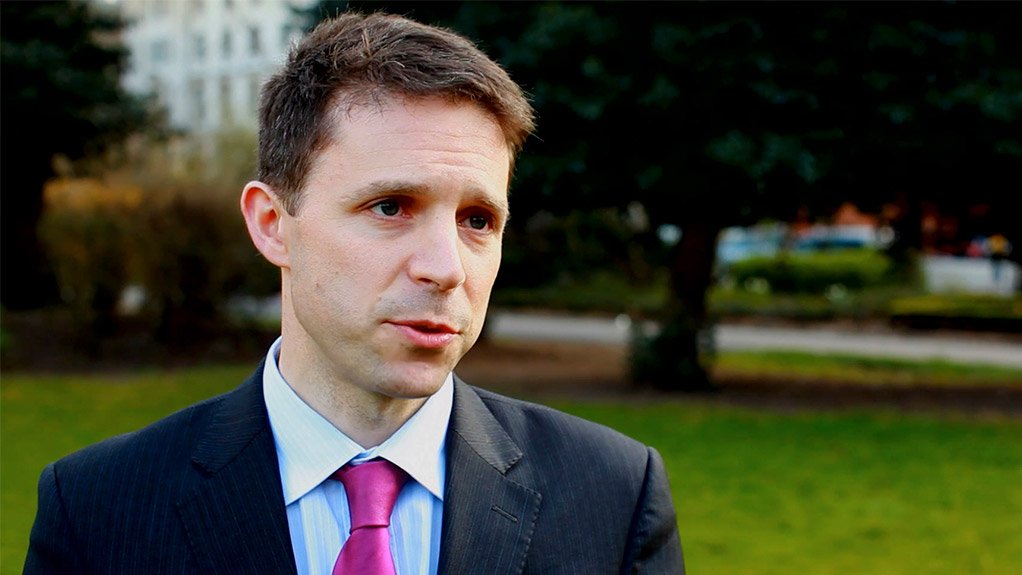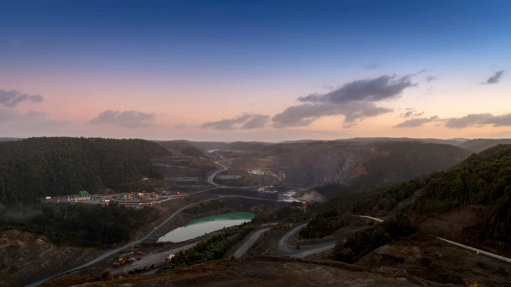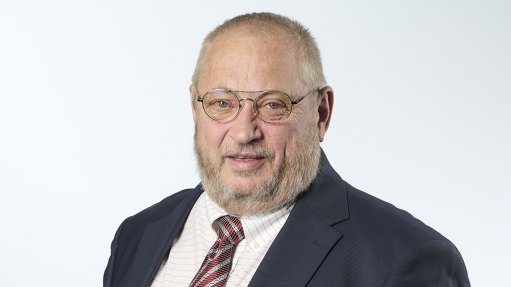Gold’s contribution to global economic good outstripping govt aid
CAPE TOWN (miningweekly.com) – The contribution of the expenditure of the gold mining sector to the economic good of countries in many parts of the world easily beats the collective aid budgets of governments.
World Gold Council (WGC) development MD Terry Heymann outlined during a panel discussion at the Investing in African Mining Indaba, in Cape Town, that there is the significant potential for gold mining to be a major catalyst for economic growth and development globally.
The gold spend of $47.3-billion in 2013 to suppliers, communities and governments, for instance, was nearly $10-billion more than government aid budgets of $37.4-billion.
Moreover, 79% of the outlay remained in the countries where the mining had taken place.
Seventy-one per cent was made up of payments to suppliers, amounting to $26.4-billion; 17% went to communities at $6.4-billion; and 12% was made up of payments to governments at $4.6-billion.
The WGC’s 15 members employed 161 916 employees and contractors and of the $47.3-billion member companies spent in 2013, only a moderate 8% went to providers of capital, 13% to other out-of-country payments and the overwhelming amount of $37.4-billion – one percentage point short of 80% – to in-country payments.
Panelist Johan Ferreira, the VP of Newmont Mining Africa, said mining companies were making a point of procuring from local companies and maximising local content wherever a business case presented itself, in the knowledge that small and medium-sized enterprises (SMME) were the engine of economic stimulus of any country.
For Newmont, SMME stimulus formed a critical part of the company’s contribution in Ghana, where efforts to facilitate the building of business relationships between small companies and big companies featured strongly.
African Mineral Development Centre interim director Kojo Busia said that the issue of local content needed to be tackled holistically by bringing together the key parties from the onset, formulating a vision and a specific policy to arrive at that vision.
The centre has introduced a country mining vision process of policy formulation, which helps governments to create the necessary incentives for mining companies to invest in long term supply chain sustainability and also come up with a local content law.
World Bank Group senior director Anita Marangoly George said that the World Bank had been helping governments to develop a long-term local content policy, which took into account the here-and-now needs but lent towards a long-term approach.
The World Bank’s approach was also to integrate the energy needs of the mining companies with those of emerging SMMEs and the broader community, which could lead to a win-win situation for all.
The World Bank’s scaling solar initiative was able to deliver solar power within a 24-month timeframe and the bank’s plea to mining companies was to leverage their need as anchor customers to bring power to the rest of the community and remove one of the biggest bottlenecks to SMME development – the lack of electricity.
Mining companies were currently paying an average of $0.24 to $0.30 a kilowatt hour for electricity and using the bank’s approach would help them to reduce their costs and at the same time electrify communities.
Investors in Africa also needed to take account of another valuable African resource – the human resource of more than 50% of population of Africa being below the age of 25, which underpinned the creative spirit of the continent.
Monkey Forest Consulting senior specialist Krista Hendry said mines were often entering or operating in areas were communities had desperate immediate needs and might have expectations of the power that is provided being free of charge.
Mining companies needed to consider the potentially negative implications of building community dependency.
It was important to build an economy rather than to give out largesse and it was important for companies to work with development non- governmental organisations to ensure that the correct conversations took place.
Hendry urged mining companies to make commitments rather than promises, particularly when their operations were located among communities that had desperate immediate needs.
Comments
Press Office
Announcements
What's On
Subscribe to improve your user experience...
Option 1 (equivalent of R125 a month):
Receive a weekly copy of Creamer Media's Engineering News & Mining Weekly magazine
(print copy for those in South Africa and e-magazine for those outside of South Africa)
Receive daily email newsletters
Access to full search results
Access archive of magazine back copies
Access to Projects in Progress
Access to ONE Research Report of your choice in PDF format
Option 2 (equivalent of R375 a month):
All benefits from Option 1
PLUS
Access to Creamer Media's Research Channel Africa for ALL Research Reports, in PDF format, on various industrial and mining sectors
including Electricity; Water; Energy Transition; Hydrogen; Roads, Rail and Ports; Coal; Gold; Platinum; Battery Metals; etc.
Already a subscriber?
Forgotten your password?
Receive weekly copy of Creamer Media's Engineering News & Mining Weekly magazine (print copy for those in South Africa and e-magazine for those outside of South Africa)
➕
Recieve daily email newsletters
➕
Access to full search results
➕
Access archive of magazine back copies
➕
Access to Projects in Progress
➕
Access to ONE Research Report of your choice in PDF format
RESEARCH CHANNEL AFRICA
R4500 (equivalent of R375 a month)
SUBSCRIBEAll benefits from Option 1
➕
Access to Creamer Media's Research Channel Africa for ALL Research Reports on various industrial and mining sectors, in PDF format, including on:
Electricity
➕
Water
➕
Energy Transition
➕
Hydrogen
➕
Roads, Rail and Ports
➕
Coal
➕
Gold
➕
Platinum
➕
Battery Metals
➕
etc.
Receive all benefits from Option 1 or Option 2 delivered to numerous people at your company
➕
Multiple User names and Passwords for simultaneous log-ins
➕
Intranet integration access to all in your organisation




















